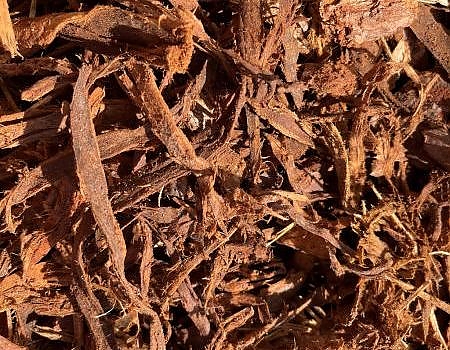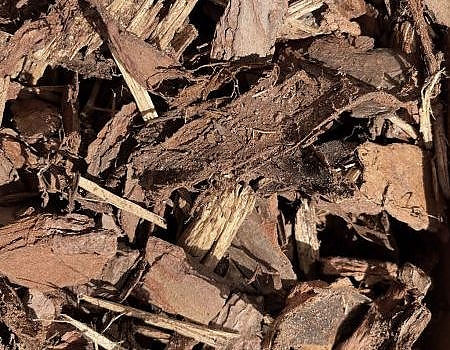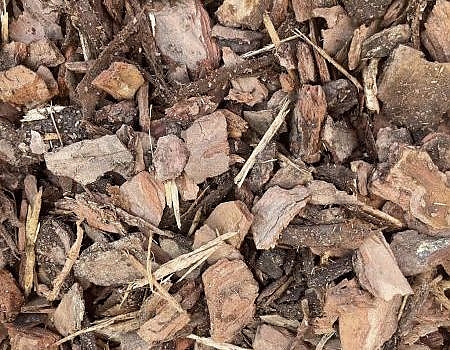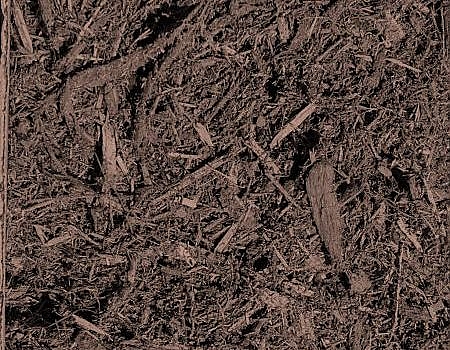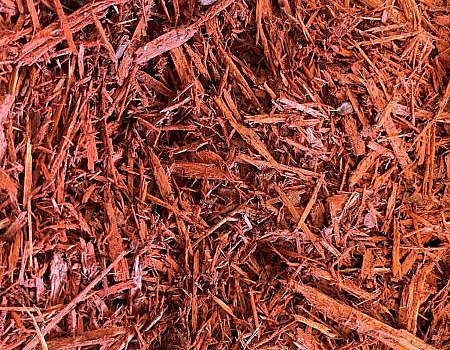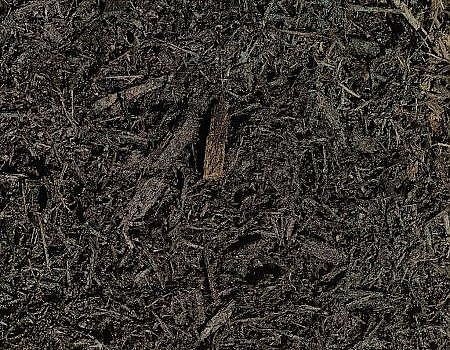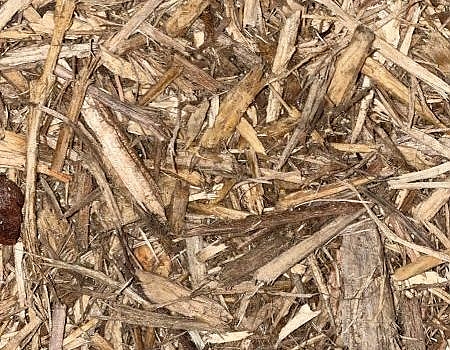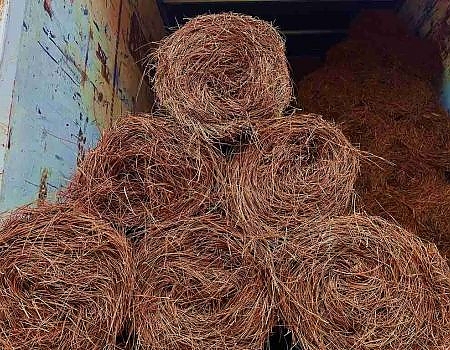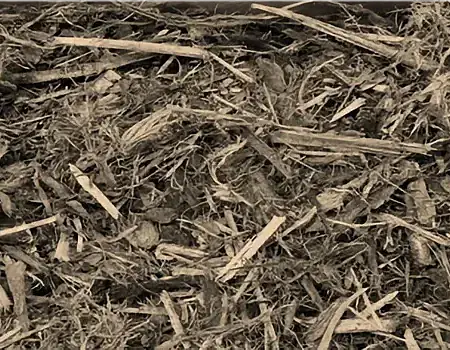Hardwood Mulch & Pine Straw
Pine Mulch:
-
Lightweight & Easy to Spread:
- Pine mulch is lighter, making it easier to handle and spread. This can be particularly beneficial for DIY landscapers or gardeners.
-
Acidic Properties (Pine Straw/Pine Bark):
- Pine mulch, especially pine straw or pine bark, is naturally acidic. This can be beneficial for acid-loving plants such as azaleas, blueberries, and rhododendrons, improving their growth.
-
Natural Decomposition:
- While pine mulch breaks down more quickly than hardwood, this can be an advantage in gardens where you want to boost soil nutrition faster. It enriches the soil with organic material.
-
Cost-Effective:
- Pine mulch, particularly pine straw, is frequently more affordable than hardwood mulch, making it a cost-effective choice for covering large areas.
-
Soft Appearance:
- Pine mulch gives a softer, natural appearance and is especially popular in more informal, rustic, or woodland-style landscapes.
Hardwood Mulch:
-
Durability:
- Hardwood mulch tends to last longer compared to softwoods like pine. It decomposes more slowly, meaning you won’t need to replace it as often.
-
Soil Enrichment:
- As it breaks down, hardwood mulch adds organic matter to the soil, which improves its structure and fertility. It helps retain moisture and supports the soil’s microorganisms.
-
Weed Control:
- Due to its density and durability, hardwood mulch is effective at suppressing weeds by blocking sunlight and preventing weed seeds from germinating.
-
Erosion Control:
- Because it’s heavier than pine mulch, hardwood mulch stays in place better, making it ideal for sloped areas or places prone to water runoff and erosion.
-
Aesthetic Appeal:
- Hardwood mulch usually has a rich, dark color, which many people find attractive for landscape beds. It typically gives a more polished, formal appearance.



